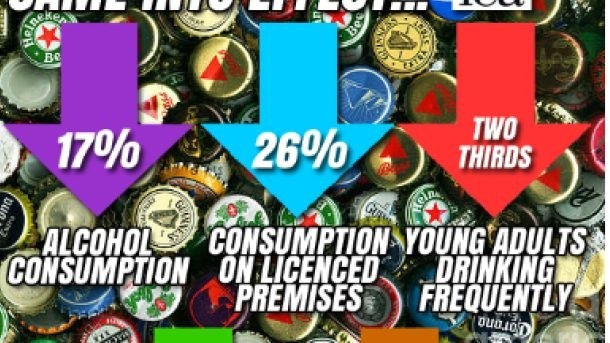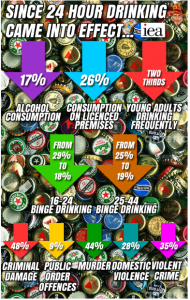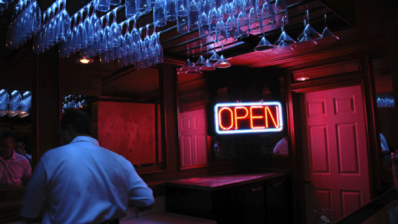Report
'No evidence' of harm from 24-hour licensing

The Institute of Economic Affairs (IEA) has argued that an end to 24-hour licensing would not be in the public interest as the legislation has led to a fall in alcohol-related crime.
A report from the Institute of Alcohol Studies (IAS) last month attacked 24-hour licensing amid concerns about the “huge strain” on emergency services.
Following the report the All-Party Parliamentary Group (APPG) has launched an inquiry into alcohol’s impact on the services, and will seek to make recommendations about policy and service boundaries.
Lack of evidence
But the IEA claims there is no evidence to suggest a return to old closing hours would be beneficial.
Stephanie Lis, head of communications at the IEA, said: “Perhaps it would make the police's job easier if everybody poured out of the pubs at 11.20pm but it would not be in the public's interest.”
24-hour licensing was introduced in 2005, and in May this year the IEA released a report about its impacts.
“The fact remains that every measure of violent crime has fallen sharply since the Licensing Act was introduced, alcohol consumption has declined and there has been no rise in the rate of alcohol-related mortality,” Lis said.
'Subjective opinion'
“A survey of the subjective opinion of a few medics does not change that.”
The IAS report released last month explained that firefighters, police and ambulance staff routinely face physical, sexual and verbal abuse when dealing with drinkers.
The report of 5,000 emergency service workers found there was a ‘culture of fear’, with almost 80% of police feeling at risk of drunken assaults and 65% of ambulance staff.
But the IEA doesn’t predict issues alleviating if old licensing hours returned.
“The problems associated with forcing everybody onto the streets at the same time were well understood when the Act was drawn up and there is no doubt that this mayhem has been substantially alleviated by flexible closing times,” Lis said.
The IEA report highlighted alcohol consumption falling 17% and no rise in alcohol-related A&E admissions in the past decade.
And the IEA criticised the conclusions of the IAS. “It didn't have any figures showing an increase in alcohol-related A&E attendances because there are none,” Lis added.
Unbalanced approach
The Association of Licensed Multiple Retailers said the APPG’s inquiry into alcohol harm portrays the industry in a negative light.
ALMR chief executive Kate Nicholls said: “We are disappointed that the APPG’s inquiry doesn’t take more of a balanced approach and fails to acknowledge the wider economic benefits or the hard work the sector has been undertaking. Pubs, bars and nightclubs are vital sources of revenue for their local areas and their economic contribution should not be discounted.”
The APPG said it is vital to better understand the amount of time and resources spent on alcohol-related issues, and how it affects emergency service staff’s jobs.
Distinction
But the ALMR wants to see a distinction between a highly regulated, supervised environment in the on-trade and the unregulated off-trade.
“As we have seen this week, large numbers of people in London gathering illegally and consuming cheap off-trade alcohol have caused problems for the emergency services. We have consistently argued that the best place for people to enjoy themselves is in the safe, supervised environment of a pub or nightclub,” Nicholls added.






